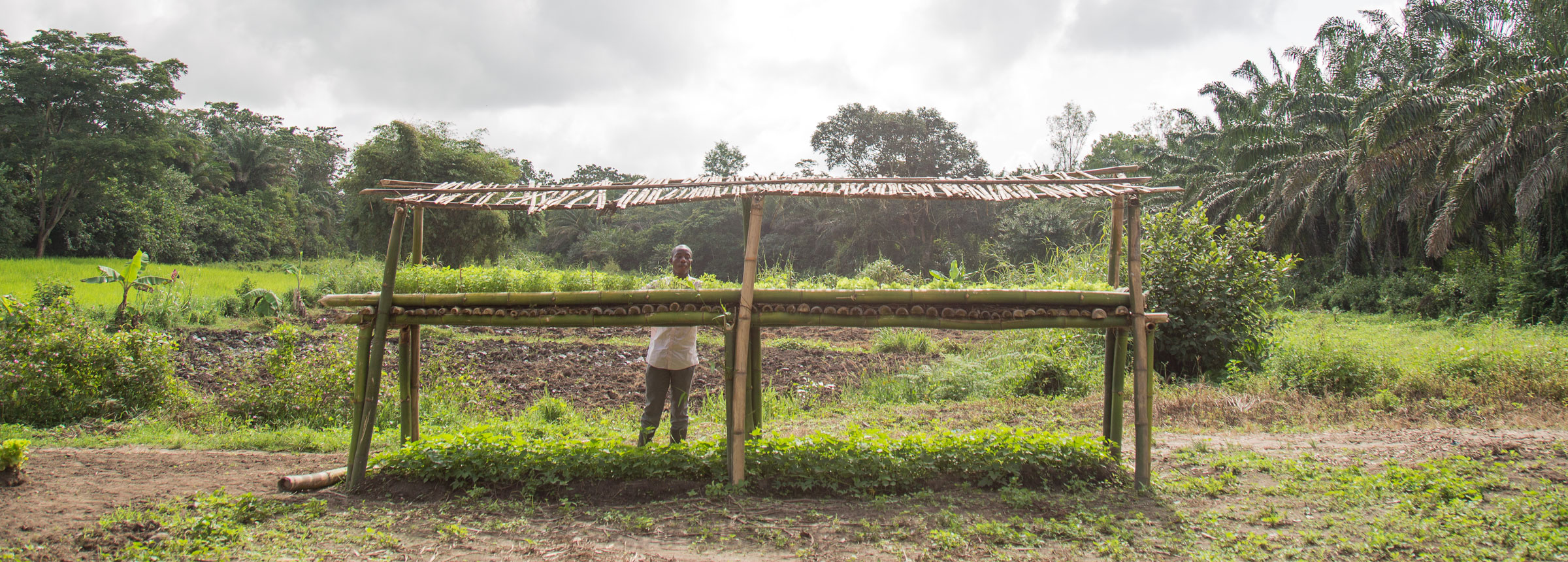Projects
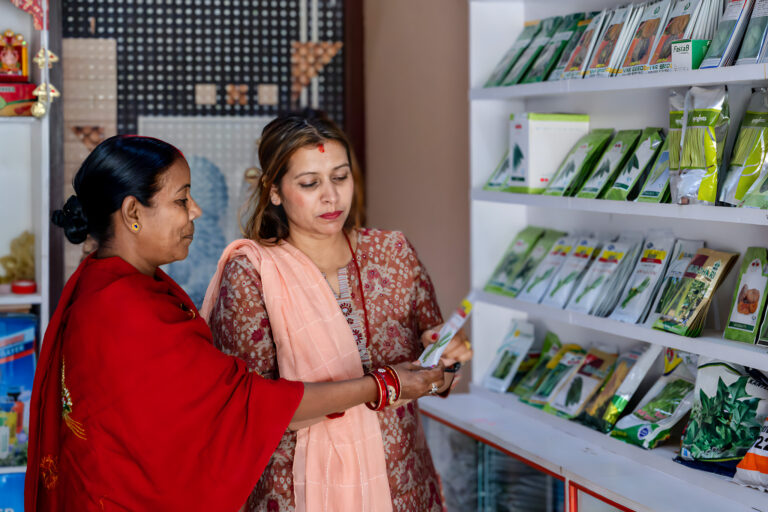
Feed the Future Nepal USAID Agricultural Inputs
The Feed the Future Nepal USAID Agricultural Inputs activity uses a market systems approach to analyze agricultural input supply chain constraints and facilitate private and public sector partners to develop and scale innovative technical and policy solutions that increase the availability, accessibility and use of improved inputs, technologies and services. The project aims to reach […]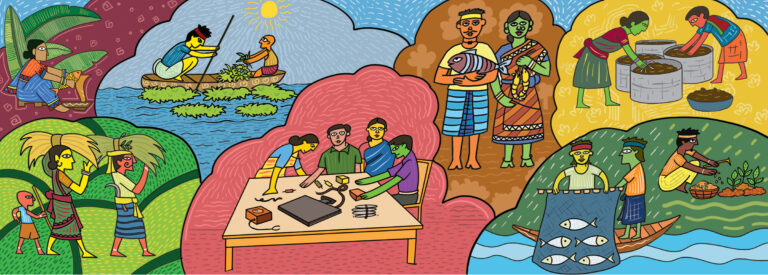
B-PEMS AugroJatra
Bangladesh’s location, low-lying topography, high population density, and weak infrastructure make it highly susceptible to natural disasters. Vulnerable populations who lose their property or income in these events are more likely to attempt risky or illegal migration, and ultimately at risk of becoming victims of trafficking in persons (TIP), as traffickers often prey on those […]
Readying Small Businesses for Capital Access
The COVID-19 crisis and associated economic downturn disproportionately impact Black and other minority-owned businesses across the U.S., in part because they have more difficulty securing business loans than non-minority-owned enterprises. Minority-owned businesses can also lack the cash flow buffer needed to remain liquid during downturns, as well as lacking access to traditional sources of capital…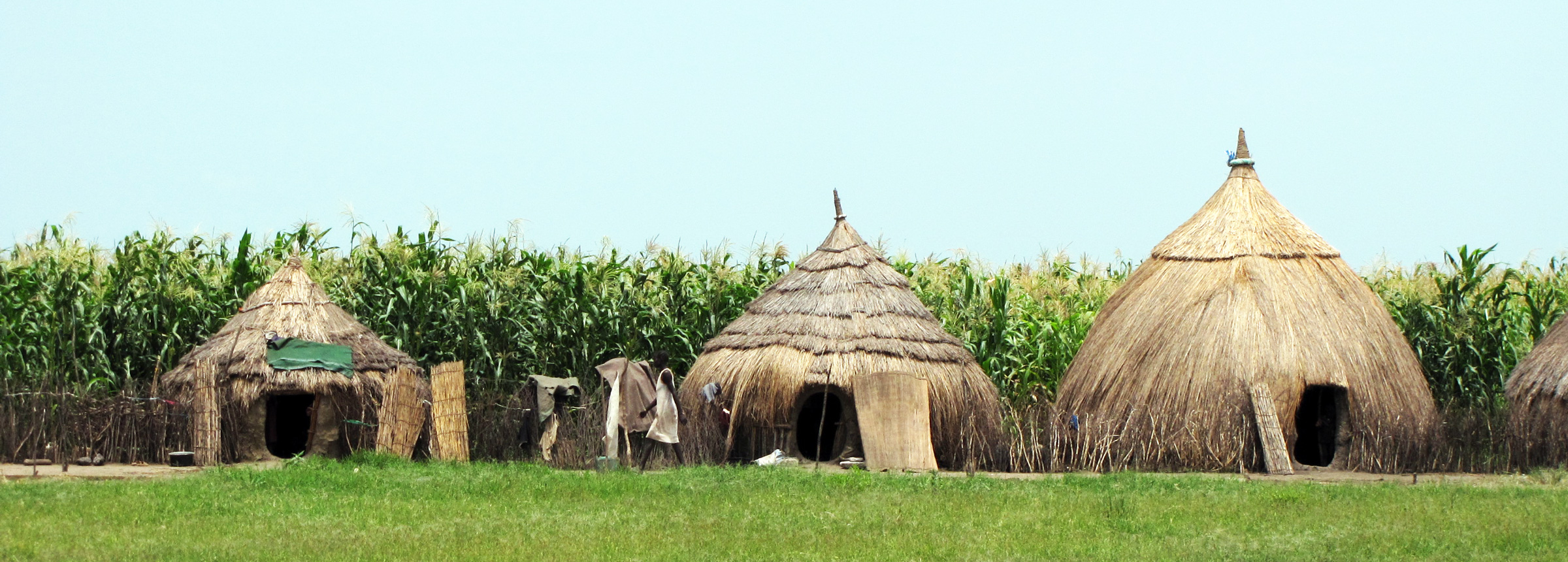
Building Responsibility for the Delivery of Government Services (BRIDGE)
The U.S.-brokered 2005 Comprehensive Peace Agreement between Sudan and Southern Sudan provided for a referendum on secession in 2011, ushering in an era of promise that began officially on July 9, 2011, Independence Day for the new Republic of South Sudan. Before and after independence, Winrock worked with South Sudanese leaders and communities to begin […]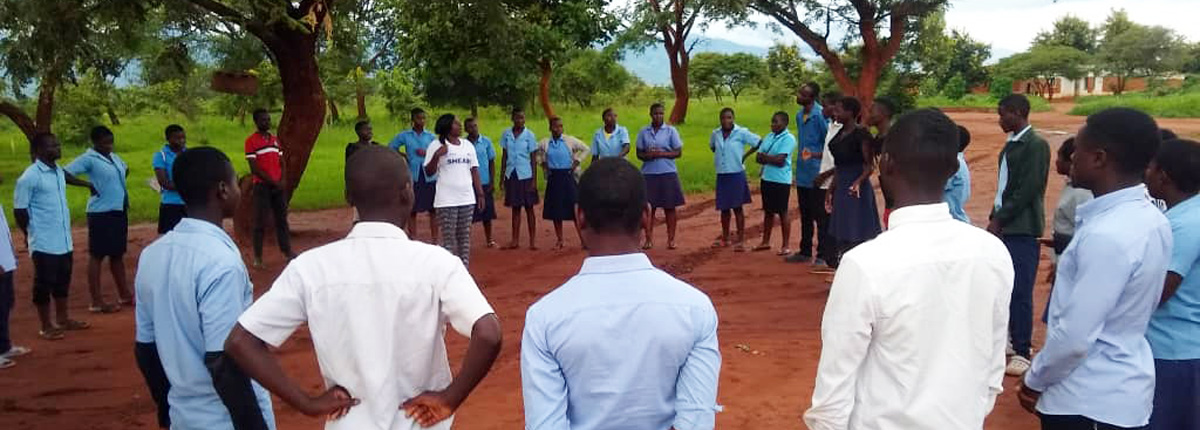
Strengthening Higher Education Access in Malawi Activity (SHEAMA)
Each year, more than 80,000 secondary school students in Malawi face economic and social impediments that prevent them from accessing higher education to obtain the skills needed for jobs and business ownership. In response, government, universities and international donors are forming partnerships to create innovative approaches that extend higher education opportunities to youth in more…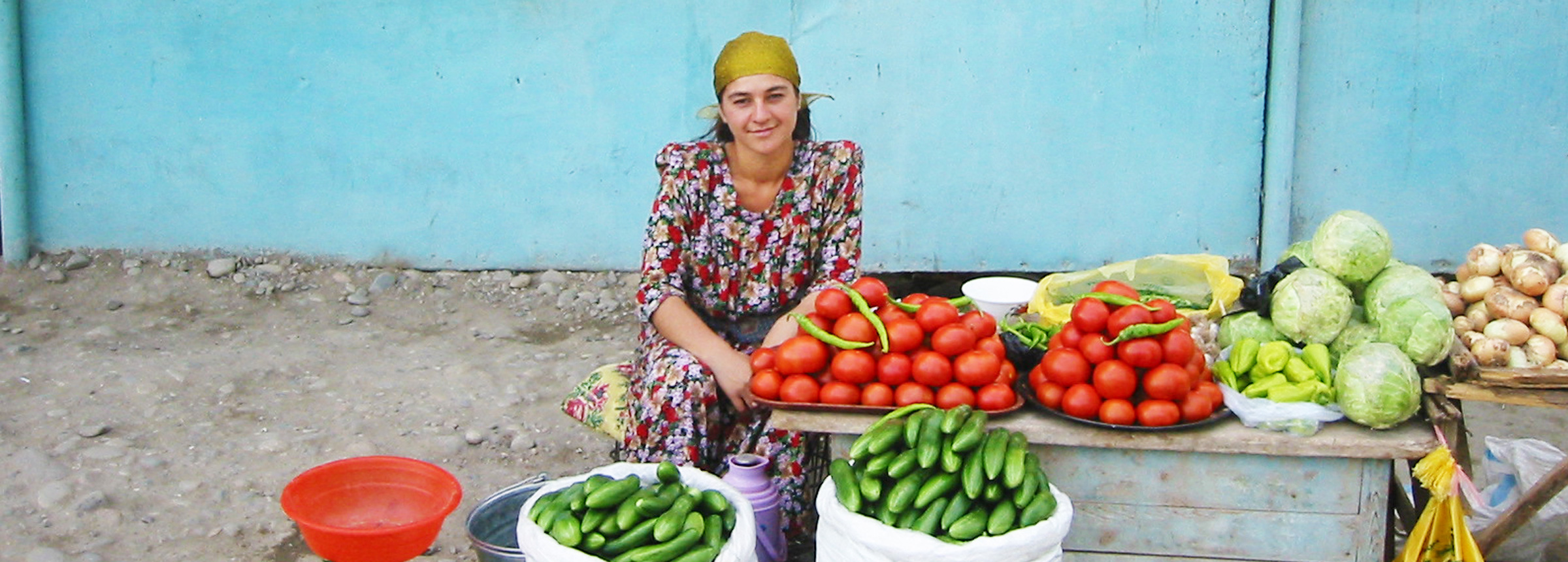
Agribusiness Competitiveness Activity in Tajikistan (ACAT)
Funded by USAID, the Agribusiness Competitiveness Activity in Tajikistan (ACAT) will increase the competitiveness, inclusiveness and resilience of the country’s market systems. The five-year activity will implement a market-driven, private sector-led approach to stimulate economic growth, increase employment and improve livelihoods by enhancing the competitiveness of Tajikistan’s agribusinesses in the dairy and horticulture value chains.…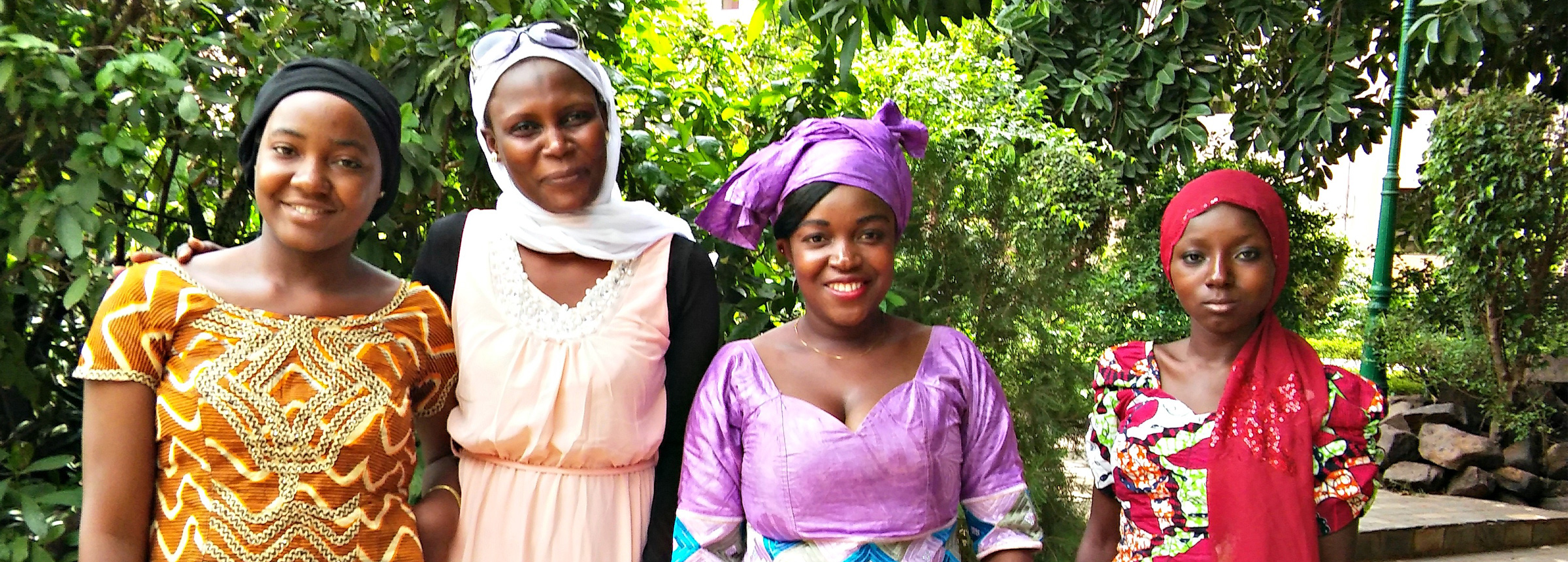
USAID Girls Leadership and Empowerment Through Education (USAID GLEE)
Adolescent girls in Mali confront a host of barriers to educational access. Although enrollment rates have risen over the last 20 to 30 years, a gender gap persists nationally; girls are enrolled at a much lower rate than boys. But there is a mutually reinforcing relationship between adolescents’ health and their educational attainment. When they…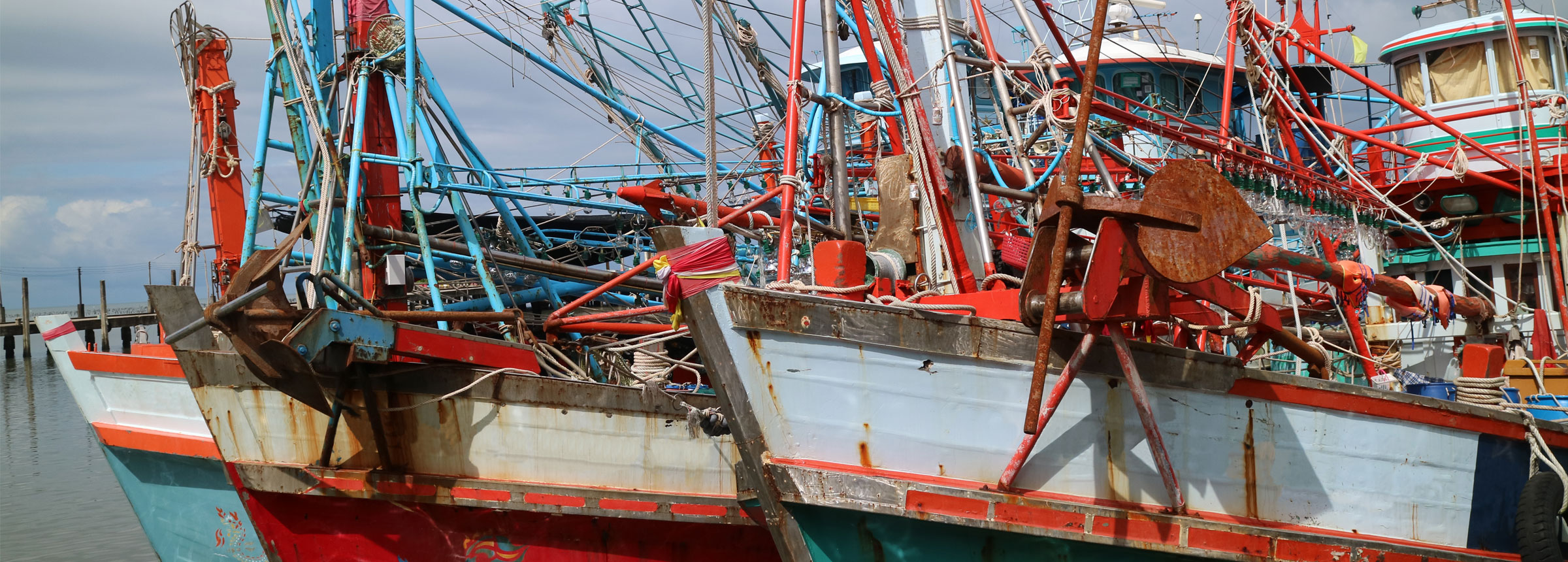
USAID Thailand Counter Trafficking in Persons (USAID Thailand CTIP)
As a source, transit and destination country, Thailand faces multiple manifestations of trafficking in persons. The USAID Thailand Counter Trafficking in Persons (CTIP) program works with communities and champions among government, civil society and the private sector to address the enabling environment for trafficking and exploitation, empower at-risk populations to safeguard their rights, and strengthen…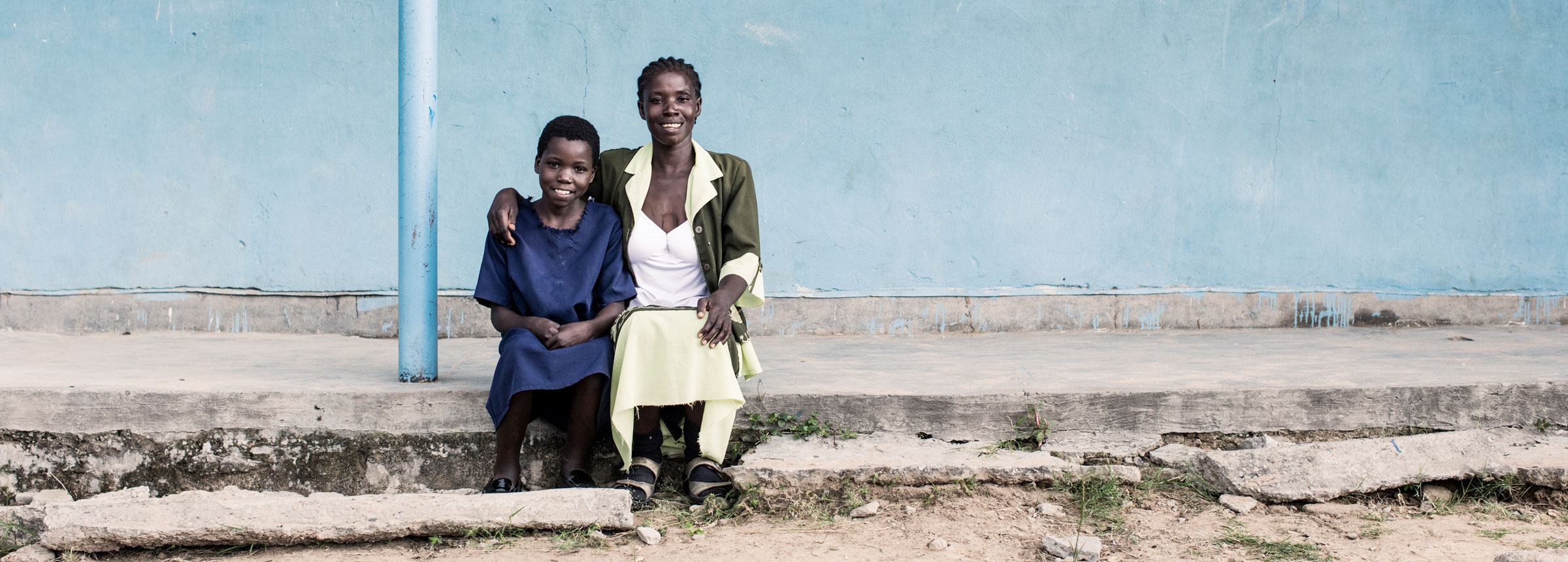
EMPOWER: Increasing Economic and Social Empowerment for Adolescent Girls and Vulnerable Women in Zambia
In rural Zambia, many children are in the labor force, and 92 percent of them – mostly girls – work on family farms. To reduce child labor in that country, the USDOL-funded EMPOWER Zambia project will raise local awareness about child labor and gender equality, and engage the government and private sector in promoting acceptable…